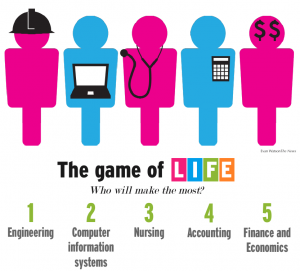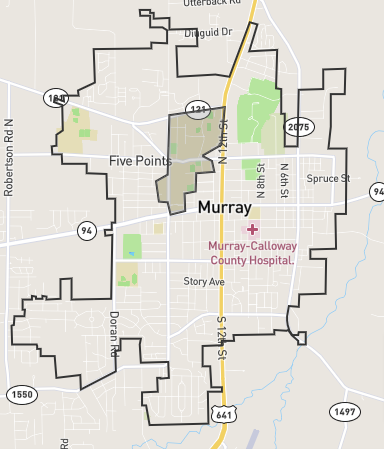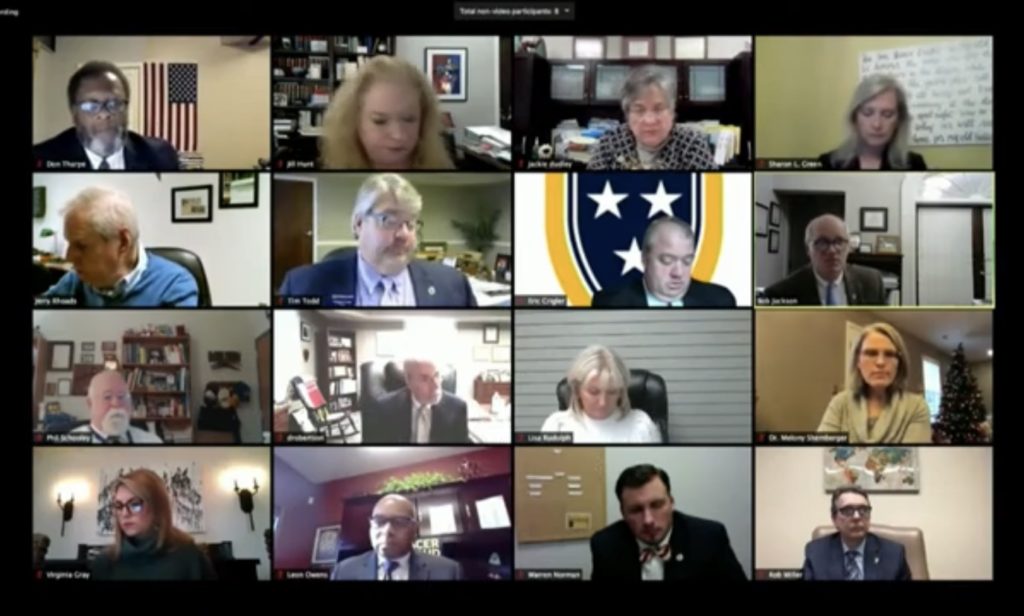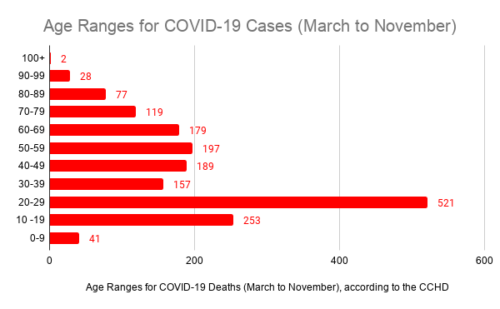
Each college student has different expectations for the time they spend at a university, for the outcome of their degree and goals in life. One of the biggest decisions students face in college is which field of study to pursue.
Choosing a college major might help determine the career a student might have for the rest of their life. At Murray State, the most common, highest-paying areas include engineering, computer information systems, nursing, accounting and finance and economics.
The findings at Murray State are similar to the overall findings from across the nation about the highest-paying majors.
On average, a person who has obtained a bachelor’s degree makes 84 percent more money than someone who has only earned a high school diploma, according to a study performed at Georgetown University.
Recently, Anthony P. Carnevale, Jeff Strohl and Michelle Meltonan at Georgetown University conducted a survey comparing income, demographics and other variables in relation to college majors.
In their findings they state that income is not the only thing to consider when selecting a major, but they hoped their findings would help students make an educated selection when choosing a field of study for college.
According to BankRate.com, engineering, computer science, physics and economics and finance rounded out the top five with salaries ranging from $155,000 to $87,300 a year.
Ross Meloan, director of Career Services, said Murray State graduates report they are finding good salaries and jobs even before graduation.
Meloan said part of the success in students obtaining jobs right after graduation relates to the fact that they are highly involved in campus activities, participating in experimental learning opportunities such as internships and earning good grades.
He said these factors are desirable to employers regardless of students’ chosen field of study.
Steve Cobb, dean of science, engineering and technology, said over the past several decades, the demand for engineers and the compensation they receive has been growing steadily.
“In general, salaries for engineering majors have outpaced the overall population and have held up well even in the recent economic downturn,” Cobb said. “As our society becomes more dependent on technology for all aspects of life, such as transportation, communication, health care, education, finance and banking, entertainment, energy production, food production and manufacturing of all consumer goods, the demand for individuals who have expertise in the engineering disciplines has grown.”
He said this demand translates into higher salaries, as the jobs being performed are typically highly skilled and require specialized knowledge.
Cobb said the College of Science, Engineering and Technology at Murray State actively assists graduates in identifying potential employment options and securing placement.
“Each department in the college maintains connections with companies and agencies who employ their students,” Cobb said. “They have a base of loyal alumni who assist in career placement activities.”
Cobb said in the summer of 2014 the college will be starting an internship and professional placement program that will provide 30 paid internships for students. The program is anticipated to run for the next decade.
These internships will provide increased visibility for Murray State students in the workplace, and Cobb said he hopes they will lead to permanent jobs upon graduation.
Dina Byers, graduate coordinator for the School of Nursing and Nancy Armstrong, nursing lecturer, compiled some reasoning as to why they think nursing ranks as a top paying major at Murray State.
Byers said registered nurses receive the best pay among the 10 most popular U.S. professions according to a Bureau of Labor Statistic report, where the median pay is $31.10 per hour.
Despite the uncertainty of the upcoming changes with the Affordable Care Act in January of 2014, registered nursing jobs are still available, which shows a demand in the field.
Byers said Murray State’s School of Nursing has a 100 percent job placement rate for nonspecific entry-level positions at this time.
Byers and Armstrong agreed the experience students gain through clinicals help set them up with networking opportunities that help them get jobs down the road.
During a student’s senior year the School of Nursing works closely with the University’s Career Center to help students search for jobs.
While Murray State encourages students to utilize resources on campus such as Career Services, Meloan said students are obtaining careers right out of college that are not in the highest-paying majors.
Story by Meghann Anderson, News Editor































































































